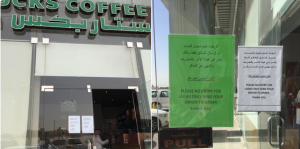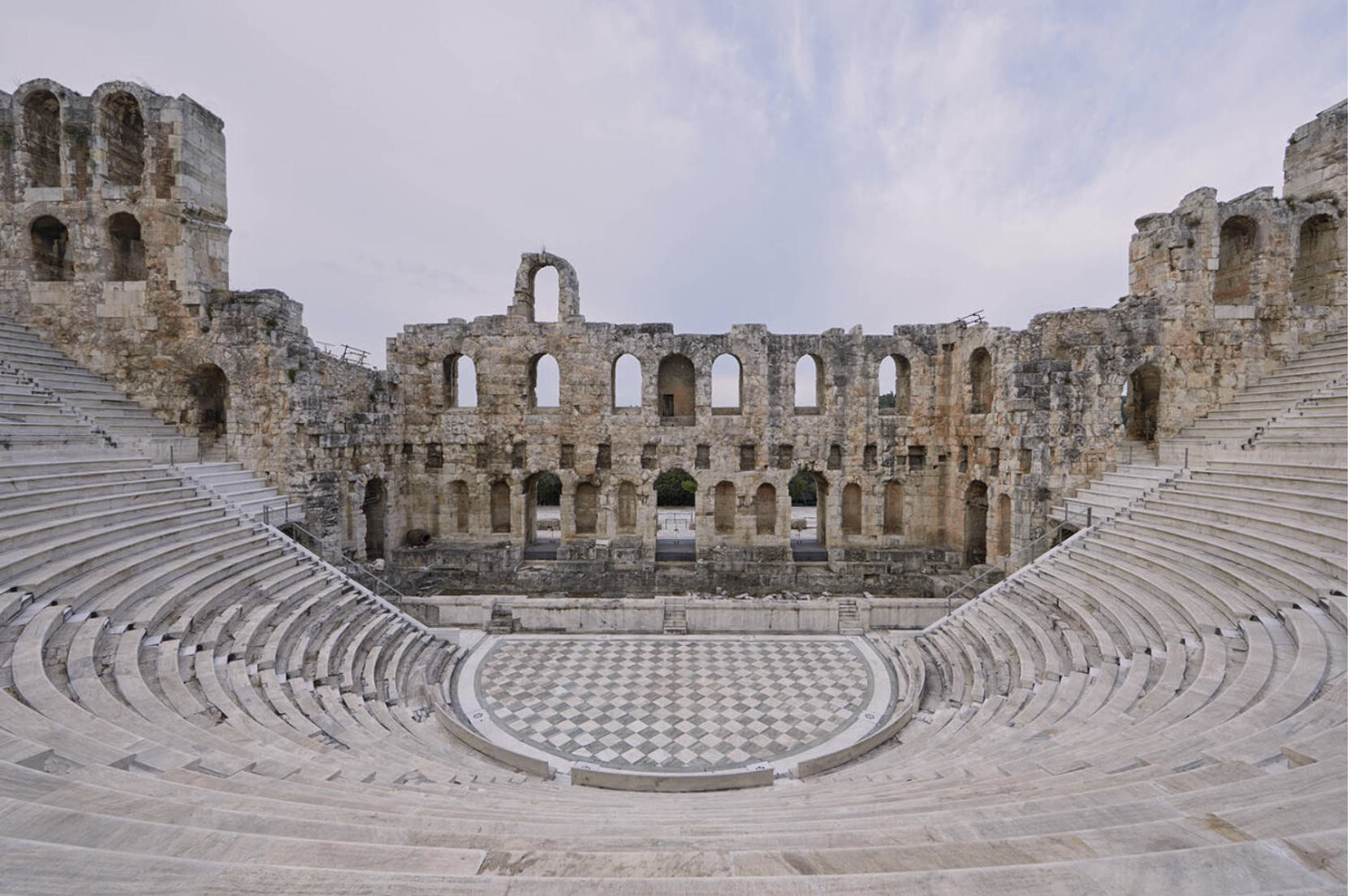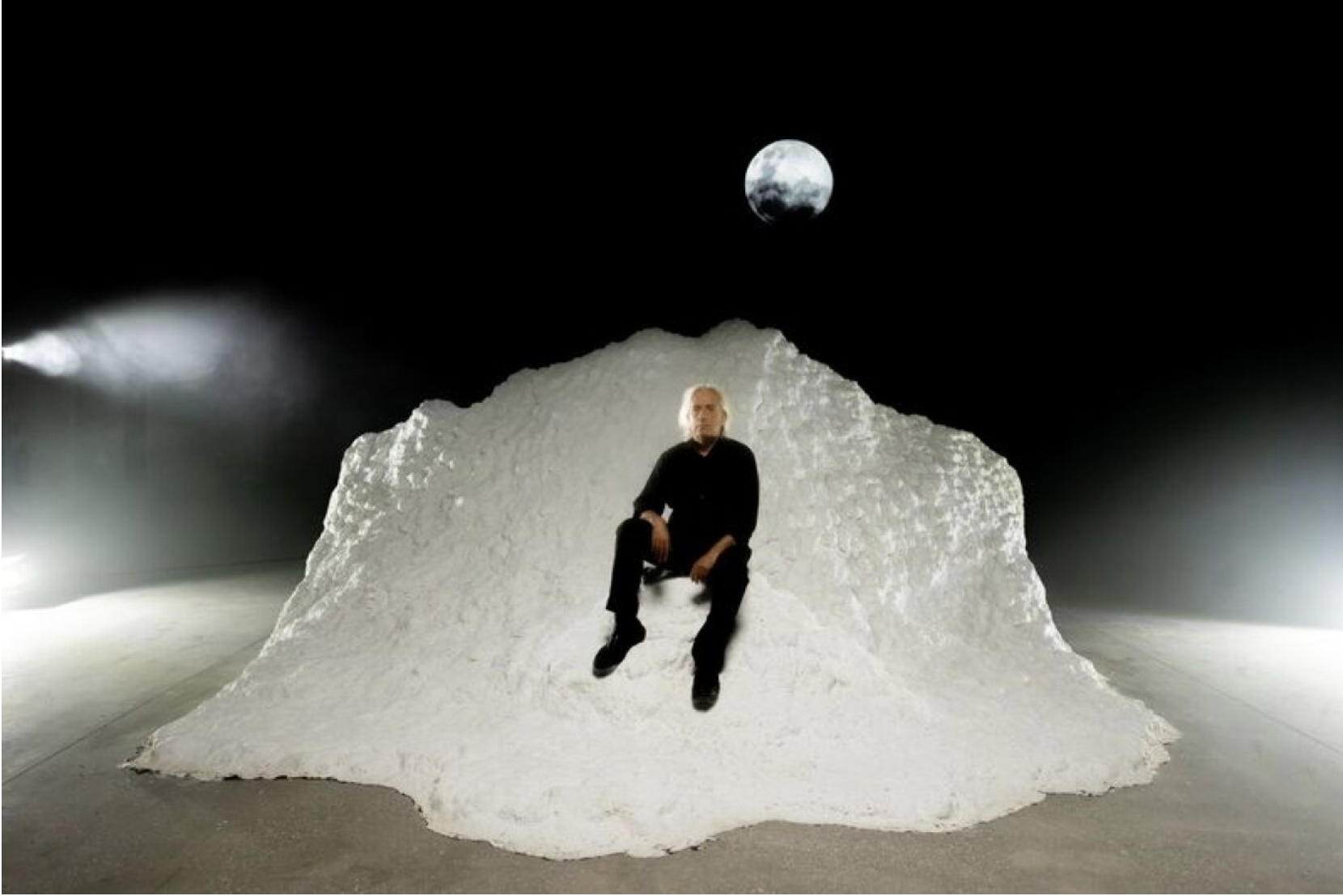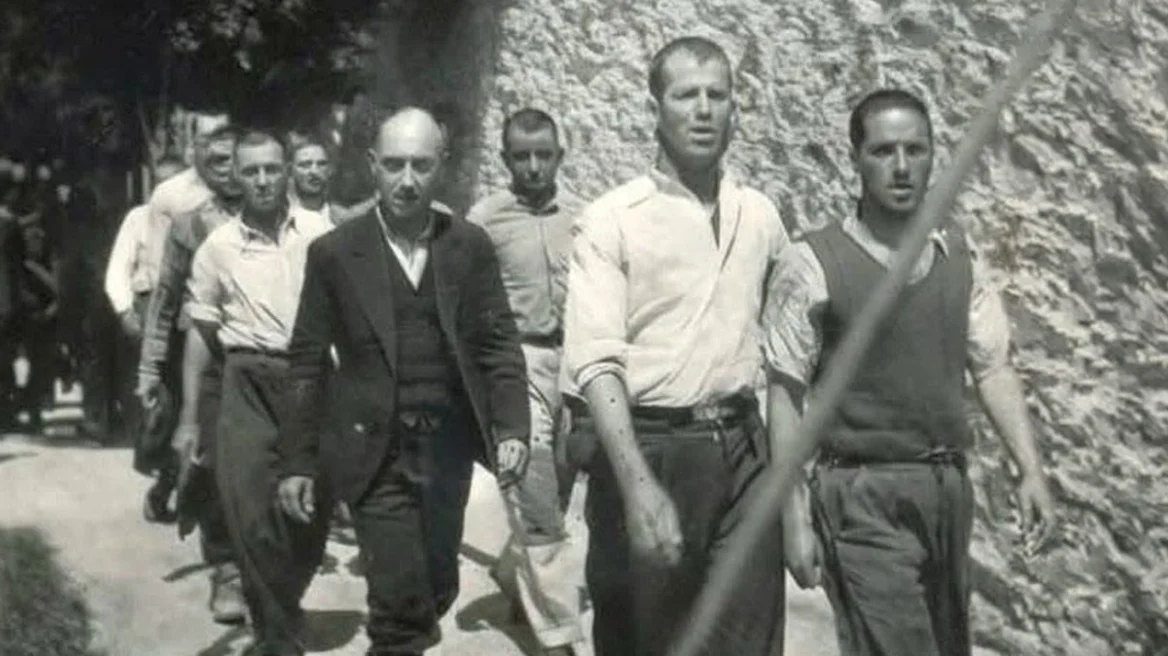Looking for a cup off Starbucks coffee in the Kingdom of Saudi Arabia? Get behind the gender segregation wall, ladies!
Starbucks CEO Howard Schultz recently claimed that “civility and human rights” were under attack when he announced a pledge to hire 10,000 refugees in its stores around the world and in the United States. However, it appears that Schultz’ pledge is little more than virtue signaling, as the coffee chain has proven itself more than willing to adapt to local customs that run contrary to the western ideals.
In Saudi Arabia, for example, Starbucks adheres to the practice of gender segregation. In it’s Saudi locations, Starbucks erects “gender walls” to keep women and men from co-mingling in their coffee shops. Some might say that Starbucks’ decision to comply with such rules perpetuates the second-class citizenship of Saudi women.
Early in 2016, one such wall collapsed, reportedly forcing the coffee chain to temporarily ban women from its store in the Saudi capital of Riyadh.
One woman reported the ban on Twitter, posting pictures of a sign on the store’s front door which read in English and Arabic “please no entry for ladies only send your driver to order.”
(Click to enlarge)
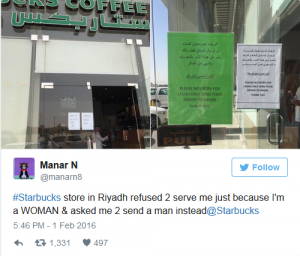
In a statement about the Riyadh store, a Starbucks spokeswoman told The UK Independent:
“Starbucks in Saudi Arabia adheres to the local customs by providing separate entrances for families as well as single people.
“All our stores provide equal amenities, service, menu and seating to men, women and families.
“We are working as quickly as possible as we refurbish our Jarir store, so that we may again welcome all customers in accordance with local customs.”
Separate, but equal. Where have we heard that before?
While Starbucks’ pledge to hire 10,000 refugees might have received high praise from the anti-Trump crowd, the coffee chain’s claims to be fighting for “human rights” should be taken with a grain of salt.
Ask me anything
Explore related questions
